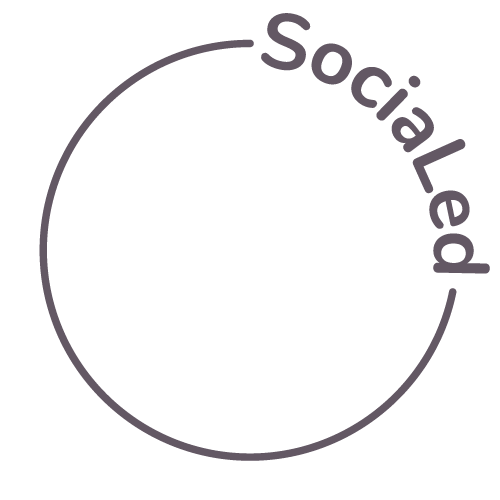Leaders Eat Last*
Leaders should always put their teams before themselves, this is a given. If you expect your team to do anything at all, be sure that it is something you’re happy to do. Make sure the team’s needs are met, that they feel equipped to do their jobs. Expect them, with the right tools, support, and oversight to get on and do them well. Think of your team as the body you should care for, give the right nourishment and exercise to so that it can do its best for your shared vision.
However, don’t mistake eating last with failing to look after your own needs too, because you need each other to thrive. Find a balance that means you are super mindful that self-sacrifice does not mean self-harm. Martyrdom has become the medal du jour in our cult of busy, but slipping into Superwoman puts us, and our team, at risk. Don’t make the classic mistake of mixing up caring for your team with taking it all on yourself.
A great leader will know themselves and will appreciate that we are more effective in service to our community when we take care. It’s time to get off the burnout treadmill because this is contrary to purpose.
There are many ways that we can look at the type of leadership that allows eating last to become superwoman. We can see it in Daniel Goleman’s ‘Pacesetting’ leadership style - this is the embodiment of the Superwoman. Rushing on, full steam ahead, taking on too much, not delegating, generating project after project and driving others into the ground. Pacesetters do not step back and take the broad view, they do not learn well because they do not make the space to reflect. They end up doing everyone’s jobs because they leave a trail of exhaustion in their wake; and, let’s face it, they don’t have time for you to catch up.
Another way of looking at how eating last can become mixed up with Superwoman is through the drama triangle. Many, many women working in the social sector have come to this work because of their own life experiences - fact (as have many men). By our very nature, we want to help people and this easily slips into rescuing them, which is different and is noted in The Drama Triangle***. This handy concept allows us to check our way of being against easily remembered archetypes - the adult, rescuer, persecutor and victim. Once you have understood these in your mind you see them in communication all around you. You see them in yourself, and this is really helpful because helping society and rescuing society are two different things. The first is an adult state and the second (rescuer) is not. It comes from a place of meeting our own needs, of not defining our boundaries clearly and of collusion with Another; and, as the woman who introduced me to this model sagely said to me, ‘The rescuer is always wrong’. What will inevitably happen to the rescuer is that they will give too much of themselves and will then resent the taker. They are always wrong because they don’t see the difference between being helpful and being dis-empowering. If you rescue someone from themselves what do they learn? That they need you to get out of a hole?
So, although I wholeheartedly agree that leaders should eat last, that they should nurture their teams. That mucking in and rolling up your sleeves is very important. That ensuring that the team have eaten, slept, feel okay and know what to do is essential, I urge you to check your enthusiasm. Where does it come from? Does it come from attentiveness to others needs? From a genuine concern for your team’s ability to function, to manage the burden they carry in the work? Does this result in you making them accountable? Or, does it come from feeling responsible for others, for feeling that you have to give, give, give in order to be good? Does it result in them depending on you too much?
Everyone loves a rescuer by the way. They’ll be super popular managers because of course, they are so generous; but, they probably don’t look after themselves. In not doing so they fail to model good self-care.
So, be a great leader and eat last, but also throw off the shackles of your natured and nurtured need to give of yourself to the nth degree. Be kind, thoughtful and helpful but also model loving yourself. In doing so, you model that it is okay to have self-compassion, that it is not selfish, and consequently, you will also get more done; because, you’ll see more clearly, you’ll peel away the filters of tiredness, ‘poor me’, go go go and come to a place of seeing and being which will make you and your team great leaders.
*Leaders Eat Last - Simon Sinek
**Leadership that gets results - Daniel Goleman
*** https://karpmandramatriangle.com/
